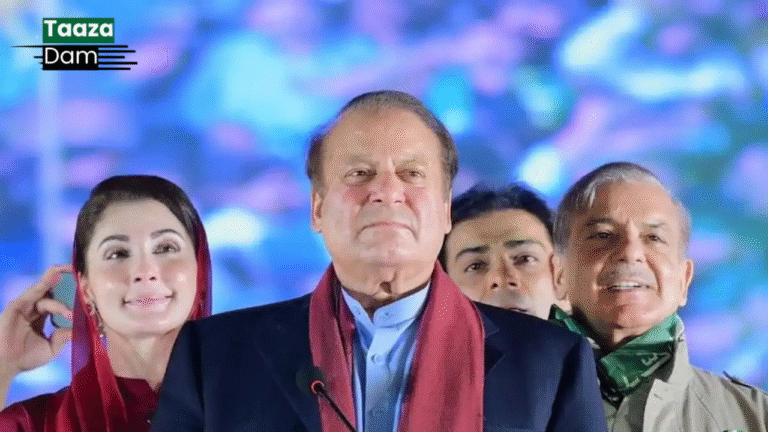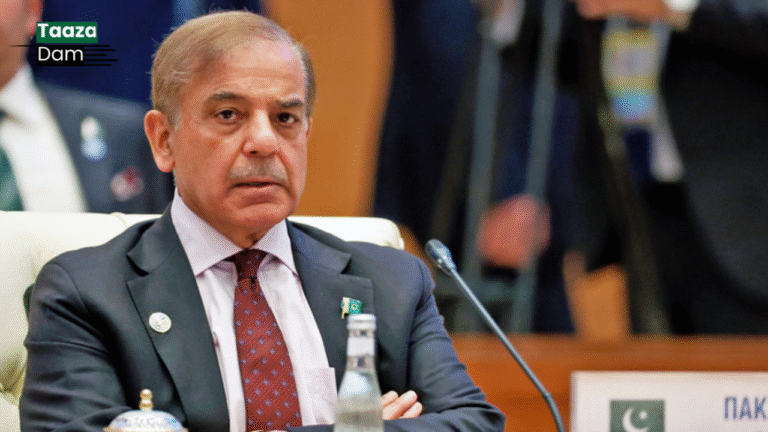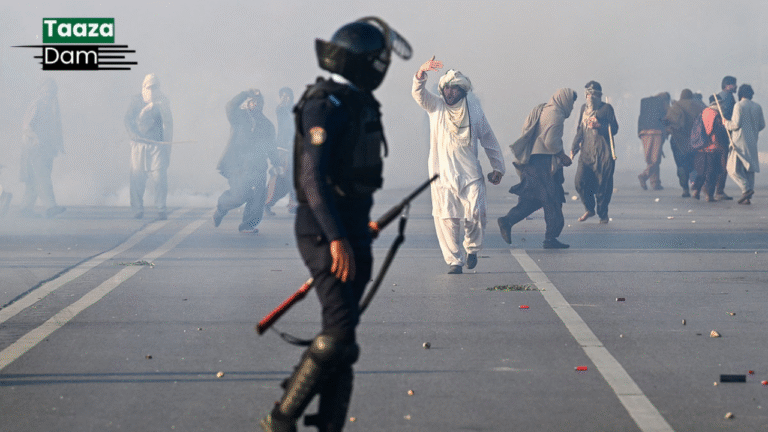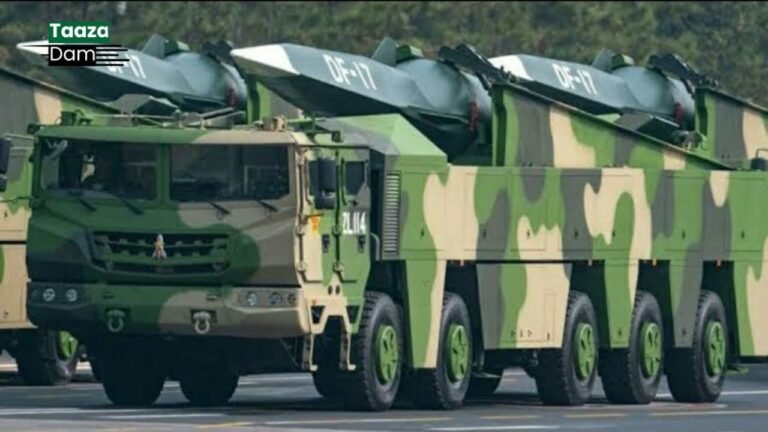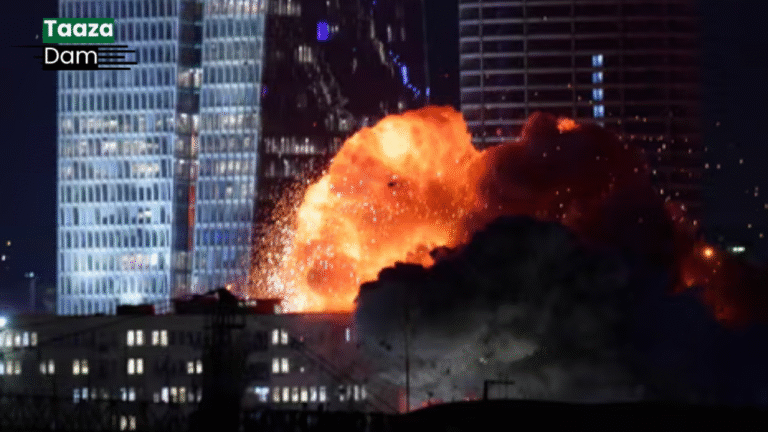China Temporarily Blocks AI Services for National College Exams
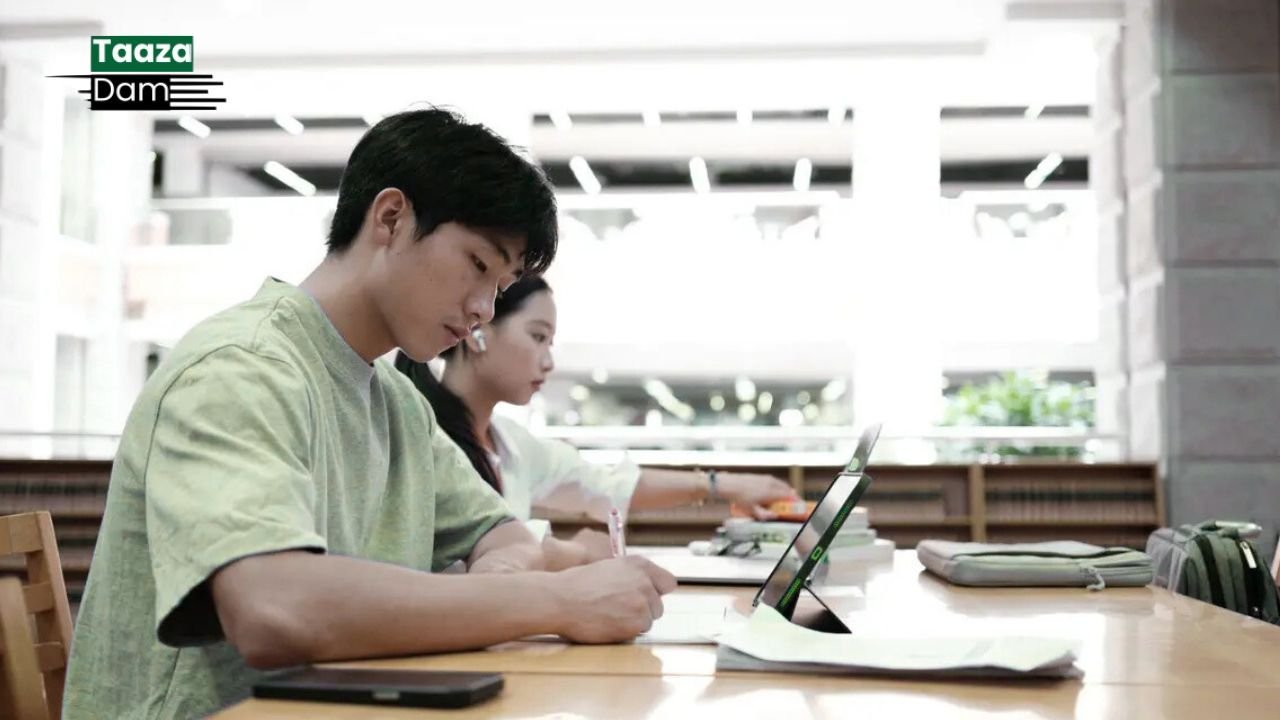
In a move to protect the integrity and fairness of its most important academic test, China has temporarily suspended AI services nationwide, including popular platforms like ChatGPT and other generative AI tools.
📌 Why the AI Ban Was Imposed
The National College Entrance Examination (Gaokao) is often described as the most competitive exam in the world, with over 12 million students participating annually. The Chinese government cited concerns over potential AI-assisted cheating, unauthorized content generation, and data security risks as reasons for the temporary restriction.
A statement from the Ministry of Education explained that AI services could compromise exam confidentiality and create unfair advantages for certain candidates.
📌 Which AI Services Are Affected?
According to official sources, the temporary ban covers a range of AI platforms including:
- ChatGPT and other conversational AI tools
- Image-generating AI services
- AI-powered search engines
- Educational AI chatbots
These restrictions apply to both desktop and mobile devices nationwide from June 5 to June 10, 2025.
📌 Nationwide Impact and Public Reaction
Many Chinese students, teachers, and tech users expressed mixed reactions to the decision. While some support the move to maintain a level playing field, others voiced concerns about the temporary disruption in educational tools commonly used for exam preparation.
Social media platforms such as Weibo and Douyin saw trending hashtags like #AIBanDuringGaokao and #FairExams2025 as discussions heated up online.
📌 What Happens Next?
The AI services are expected to resume normally once the exam period concludes. Officials emphasized that this is a preventive, temporary measure and not a signal of a long-term AI restriction in China.
📌 Conclusion
This decision highlights the growing tension between emerging AI technologies and traditional exam systems. As AI becomes increasingly integrated into daily life, governments worldwide may face similar challenges balancing technological progress with security and fairness in critical national events.


